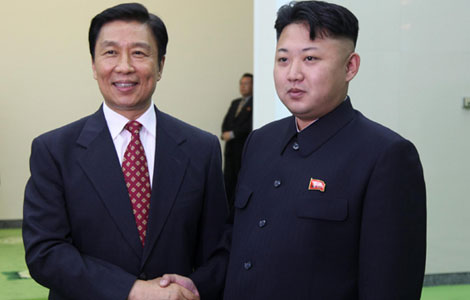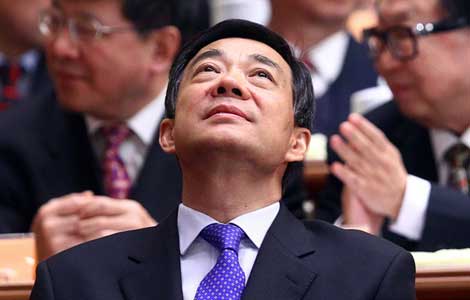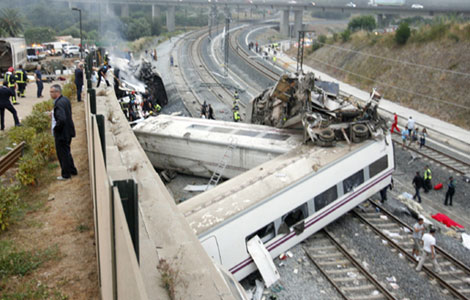World economy is faced with great uncertainties. Europe, one of the traditional economic drivers, has been suffering serious economic woes, and the US's recovery from its recent economic depression, one of the most serious since the Great Depression, has been rocky, to say the least. China, which has been considered the most important economic engine for the world economy by many, is slowing down as well. For the first quarter this year, the Chinese economy recorded only 7.7 percent growth in GDP, the lowest growth rate in recent years. The second quarter is expected to be even lower than that. Many observers of the world economy are surprised by the Chinese leadership's tolerance of a lower GDP growth rate.
I want to applaud the new Chinese leadership. Their decision to abandon the old economic model, which used government policies and incentives to stimulate growth for the sake of economic growth represents a new level of self-confidence and new wisdom in economic management. Using GDP as the sole measurement of economic well-being has been misguided and had very serious social and political consequences for the world. Many countries pursued economic policies aimed at achieving high nominal GDP growth at the expense of environmental health and well-being of the people. The US and most Western nations have a very high national income, but all these countries have a huge number of homeless populations and very high prevalence of mental sickness. With rising unemployment, a significant percentage of people in the so-called developed world are hungry. Some reports indicate that school-aged children are hungry in some western European nations, forcing people to resort to finding food in garbage cans.
Many Third World countries fell into the trap of using GDP as a measurement of economic development as well. As a result, their countrysides have significantly declined, and many farmers lost their land and have been forced to look for new livelihoods in urban areas. Consequently, large numbers of shantytowns emerged in urban centers throughout the Third World countries. The living conditions in these shantytowns are often horrible.
China is the only major country in the world that successfully prevented the emergence of shantytowns and serious homelessness in the process of modernizing its economy. The resilience of the Chinese economy and Chinese society come from its socialist system, which encourages the Chinese people to work and live with dignity. The land reform of the 1940s and 1950s effectively guaranteed Chinese farmers an equal share of land on which they could build a home and grow their own food. They may be “poor” by Western standards, but the level of freedom and independence they enjoy in their lives are far greater than their counterparts anywhere in the world.
In the West, many people who are able to work are doomed to the dehumanizing welfare trap. The high cost of medical care, the lack of sufficient child care, and the restrictions in welfare policies on people's eligibility prevent many capable people from finding employment. Many people in the West dismiss people who live on welfare as being lazy. Some people who live on welfare also denigrate themselves as “white trash”, because they no longer contribute effectively to the well-being of society, and because by drawing welfare support on a permanent basis they literally become a burden on society. Very few people realize that those who live on welfare are being victimized by the crippling welfare system. By trapping these people into a welfare system that prevents people from work, it takes away the most important part of humanity: the ability and desire to work. The perspicacity of capitalists to maximizing profit through outsourcing has reduced the employment opportunities for workers significantly in the process of globalization in the West as well.

 Top DPRK leader meets Chinese vice-president
Top DPRK leader meets Chinese vice-president
 US does not plan decision on Egypt coup
US does not plan decision on Egypt coup
 Bo Xilai indicted for corruption
Bo Xilai indicted for corruption
 Korean War veterans return to peninsula
Korean War veterans return to peninsula
 Tourist safety a priority in S China Sea
Tourist safety a priority in S China Sea
 Death toll in Spain train crash rises to 77
Death toll in Spain train crash rises to 77
 Royal baby named George Alexander Louis
Royal baby named George Alexander Louis
 'The Grandmaster' takes center stage
'The Grandmaster' takes center stage














